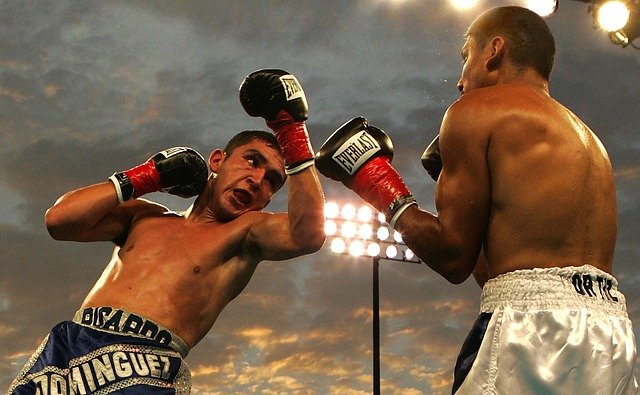Last week we began a new blog series about the most basic things regarding courtroom procedure. We want our readers to understand some of the elementary aspects about trials and courtroom procedure. So, our first blog focused on all the personnel and positions in a courtroom. Today, we’re taking a deeper at look at that. Particularly, the relationship between the prosecution and the defense. We hope to show you how a criminal case works. Keep reading for more!
How a Criminal Case Works: Prosecution vs. Defense
First, a criminal trial is all about the conflict between the prosecution and the defense to the jury. The goal for the prosecution is to convince the jury of the defendant’s guilt. The goal for the defense is to convince the jury of the defendant’s innocence, or non-guilt. Therefore, trials operate according to one principle: that this conflict will bring the truth to bear. In other words, lawyers and judges do not seek to represent “the truth,” per se. After all, can anyone really stand back from a situation and assess it without any bias, with complete neutrality and objectivity? Rather, one lawyer represents one side, and the other lawyer represents the other side. Each present their arguments to the jury. The hope is that this process will bring the truth to the surface. The entire trial process centers on this dialectic.
How a Criminal Case Works: The Verdict
Second, since neither the prosecution nor the defense seek to represent the truth, only their side of it, then the jury bears the burden of determining the truth. Did this person actually commit this crime or not? Thankfully, our legal system goes by the principle “innocent until proven guilty.” In other words, a jury must first assume the defendant’s innocence until their guilt is proven beyond a reasonable doubt.
Why does it work this way? Because it makes a lot more sense to have to prove that you did do something than that you didn’t. Think about it. Imagine if it worked the other way around. I accuse you of murdering someone, and then you have to prove that you didn’t do that. Would that be fair? Couldn’t I accuse anyone of anything?
Instead, if I accuse you of murdering someone, you don’t have to prove that you didn’t, but I have to prove that you did. I bear the burden of proof. You don’t need evidence that you didn’t commit the crime (although that helps), but I need evidence that you did commit the crime. This not only helps prevent witch hunts, but also is consistent with how we think.
Need a Defense? Contact Mark Catanzaro
Finally, you want more information on how a criminal case works, or if you need representation, then contact the best attorney in New Jersey: Mark Catanzaro! He has the wisdom, skills, and experience to defend your case!
